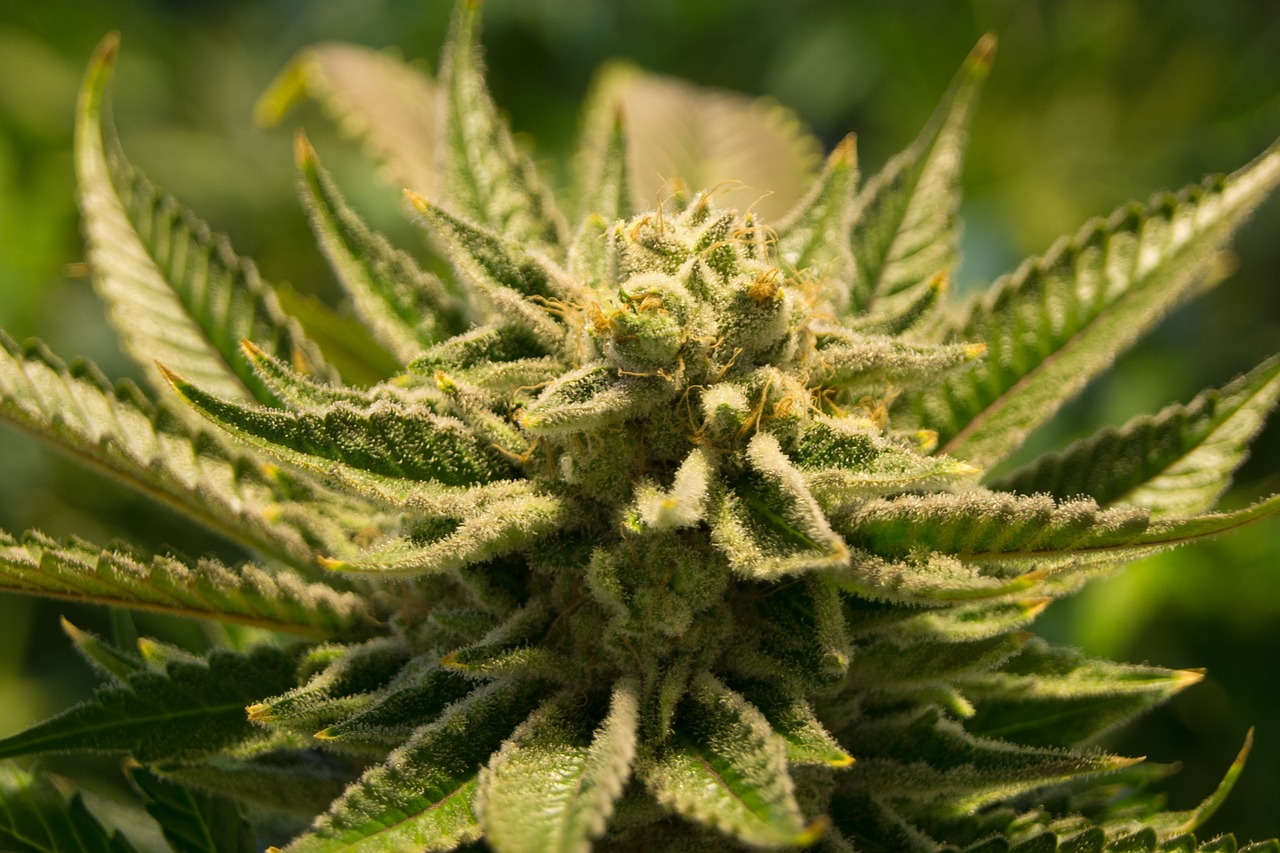 People have wondered about and debated over the side effects of marijuana use on mental health for many years. From the 1936 film “Reefer Madness” to present day, there have been those who say marijuana has negative effects on mental health, and those who claim marijuana use helps ease stress, anxiety, and depression, therefore having a positive effect on mental health. To date, marijuana studies are mixed on whether an increase in cannabis use coincides with increased rates of schizophrenia and other forms of mental illness. We are a world divided on this issue. What does science say about the long term side effects of marijuana?
People have wondered about and debated over the side effects of marijuana use on mental health for many years. From the 1936 film “Reefer Madness” to present day, there have been those who say marijuana has negative effects on mental health, and those who claim marijuana use helps ease stress, anxiety, and depression, therefore having a positive effect on mental health. To date, marijuana studies are mixed on whether an increase in cannabis use coincides with increased rates of schizophrenia and other forms of mental illness. We are a world divided on this issue. What does science say about the long term side effects of marijuana?
In a 2016 document titled “Clearing the Smoke on Cannabis,” The Canadian Centre on Substance Use and Addiction maintained that poor mental health is related to chronic cannabis use stating, ‘Studies indicate that chronic cannabis use and an earlier onset of use is associated with an increased risk of developing psychotic symptoms or schizophrenia, particularly among those who might have a pre-existing genetic risk. The relationship between cannabis use and psychosis appears to be stronger in people with a predisposition to psychosis, such as those with a family history.
An increase in the potency of marijuana in the last several decades may be partly to blame, as tetrahydrocannbinol (THC) levels have risen from 1.5 to 28 percent since the 70s. Younger consumers appear to be at a greater risk for negative side effects of marijuana, depending on their age, frequency of use, and the potency of the cannabis they consume. Canada is urging teens to wait until they are in their late teens, opt for low potency cannabis, and avoid daily use.
Some evidence from continued marijuana studies suggest there may be a correlation between cannabis consumption and some psychiatric conditions, including cannabis-induced psychosis (CIP). In a 2014 Indian Journal of Psychiatry paper on the relationship between cannabis and psychosis, the Indian Psychiatric Society stated, ‘Cannabis exposure may be a “component cause” which interacts with other factors that may be a possible cause of schizophrenia or other psychotic disorders, but is neither necessary nor sufficient to do so alone.’ Child and adolescent psychiatrist Dr. Michael Birnbaum concurs that development of a psychotic illness is multifactorial, stating “It’s never just one thing.”
In 2017, a report commissioned by the National Societies of Sciences, Engineering, and Medicine which assessed more than 1,000 studies on the subject emphasized how little is known about the health effects of marijuana, going so far as to call the lack of scientific information “a public health risk.” When discussing the long-term side effects of marijuana on the developing brains of adolescents, several studies have shown that cannabis use in teens can be a contributing factor in triggering or increasing the symptoms of psychotic mental illnesses, most notably schizophrenia.
There is strong evidence supporting the claim that heavy consumption of high-potency cannabis beginning at an early age can exacerbate symptoms in youth who are predisposed to developing mental illness, but more marijuana studies need to be done. Much of the concern surrounding habitual youthful marijuana use stems from the fact that the prognosis for schizophrenia sufferers is better the later in life the condition develops.
A policy statement released in 2017 by the American Academy of Child & Adolescent Psychiatry states, “Heavy use during adolescence is associated with increased incidence and worsened course of psychotic, mood, anxiety, and substance use disorders. Furthermore, marijuana’s deleterious side effects on adolescent cognition, behavior, and brain development may have immediate and long-term implications, including increased risk of motor vehicle accidents, sexual victimization, academic failure, lasting decline in intelligence measures, psychopathology, addiction, and psychosocial and occupational impairment.”
While there may be risks inherent with prolonged, heavy daily consumption of high potency marijuana, there are also many medical applications for cannabis in people of all ages, and there is much more learning to be done regarding the health risks, benefits, and side effects of marijuana use. Rigorous scientific research is difficult to conduct due to restrictions imposed on researchers because of the current government designation of cannabis as a Schedule 1 substance. In the meantime, marijuana use continues to increase due to legalization across the United States and in other countries around the world, with many people touting the positive health benefits of cannabis.
If you’re in the Colorado Springs area, Medical Alternatives is here to help you with all your medical marijuana needs. If you have any questions about the proper application of medical marijuana for your situation, please contact us at (719) 246-0393 or email us your questions at: hello@medicalalternativesclinics.com.
If you would like to schedule a medical marijuana consultation an appointment with one of the MMJ experts at our facility, please visit our online portal or contact our MMJ clinics in Colorado Springs or Pueblo. We offer convenient same day appointments for current and prospective medical marijuana patients and we can help you get your MMJ Red Card in three days or less!
